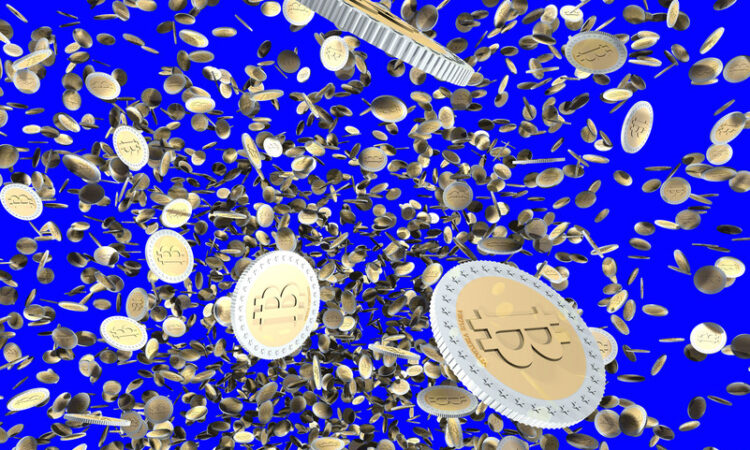
The EU reached a provisional agreement early Wednesday morning (17 January) that will give the bloc more powers to combat money laundering and terrorist financing through high-value assets and crypto.
Crypto service providers must now perform due diligence checks on customers making transactions above €1,000 to prevent fraudsters, organised crime and terrorists from legitimising their dirty money through financial loopholes.
“I am very happy we’ve successfully closed this deal because this will make the fight against money laundering truly European,” said co-rapporteur centre-left Socialist and Democrats (S&D) MEP Paul Tang, which he emphasised as necessary because “oligarchs and criminals don’t stop at national borders.”
The deal follows legislation approved last year that governs crypto markets and is part of a broader effort to harmonise anti-money laundering rules in the EU to close loopholes that can be used to finance terrorism.
Although EU anti-money laundering laws were adequate before, they were badly enforced, partly because rules lacked standardisation. “If one member state did its job less well, everybody suffered,” said Greens MEP Damien Caréme.
The new rules still need to be formally approved by the EU Parliament and member states before going into force, after which they will apply to all EU countries.
To ensure better enforcement, a new European authority for countering money laundering and financing of terrorism (AMLA) has been created, which will have far-reaching powers to track and investigate transactions.
Crypto service providers will perform the role of gatekeeper along with banks, casinos, real estate agencies and other financial asset management companies which have a “privileged position” to detect suspicious activities.
Enhanced due diligence measures apply to transactions associated with high-risk countries, which will be tracked on a list.
The legislation targets cash transactions and high-value assets like cars, art, watches, boats and planes.
“These are the things oligarchs really like,” said Caréme.
All cash transactions above €10,000 will now have to be registered and can be investigated by the new EU anti-money laundering authority.
Football clubs are also singled out as they are deemed a high-risk sector following multiple allegations of money laundering, including a warning issued by the Dutch Central Bank in 2017.
This, however, has been criticised by centre-right European People’s Party MEP Markus Ferber, who deemed the singling out of football while ignoring other sports ass “somewhat arbitrary.”
“A decision like this should have been preceded by a comprehensive impact assessment,” he said in a statement on Wednesday.
Assassination
Emphasising that money laundering is not limited to white-collar financial crime but a “very serious issue” involving murder and death, EPP co-rapporteur Luděk Niedermayer reminded the press that “a young journalist was killed in Malta.”
He was referring to the assassination of Maltese journalist Daphne Caruana Galizia, who was killed by a car bomb in 2017 while researching a money laundering scheme linked to then-prime minister Joseph Muscat and two close political aides.






